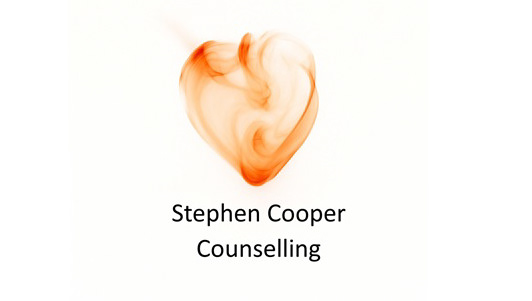Grief is a person’s emotional reaction to loss and bereavement is the period of time following the loss. All loss is associated with the removal of someone or something of value to the person. Grief is most often associated with the death of a significant person, but other circumstances evoking feelings of loss may include divorce, problems of physical or mental health, the loss of body image through injury, unemployment or loss of career, retirement, miscarriage, the loss of home or belongings, the loss of a valued object, financial instability, the loss of friendship, the death of a pet, the illness of a close relative or friend, loss of hope and plans for the future, and loss of safety. Grief can trigger a sequence of emotions that may impact heavily upon a person’s ability to function. The experience can often be overwhelming. Shock and disbelief may initially occur. The person grieving can feel guilty, possibly concerning things said and done in the past or a belief that further action could have helped. Sadness, despair, depression, and loneliness will often be evident. Grieving may produce anger, which can be indiscriminate even if no person was at fault, and could be also directed at God or even the person who has died. Death of another may also encourage a person’s insecurities and fears about their own mortality. Associated physical symptoms of grief can include poor diet leading to weight loss or gain, aches, nausea, tiredness, decreased immunity, and difficulty sleeping. The act of grieving will vary between people, influenced by factors such as personality, coping style, values, religious beliefs, life experiences, and the importance of the loss. The duration of grieving will also vary: However, in many instances the feelings of loss do not disappear but instead become more manageable so that engaging with life is again possible. For some people, their life enlarges and grows around their grief with new experiences and relationships so that the grief becomes less dominant. In such an instance, grief can be accommodated and managed rather than attempting to remove it and ‘move on’. For some, the suffering caused by loss does not recede with time and instead perpetuates indefinitely: An inability to accept the loss is termed complicated grief. PTSD may also be associated if a death was violent and lengthy grieving may reinforce feelings of depression. However, complicated grief is treatable.
